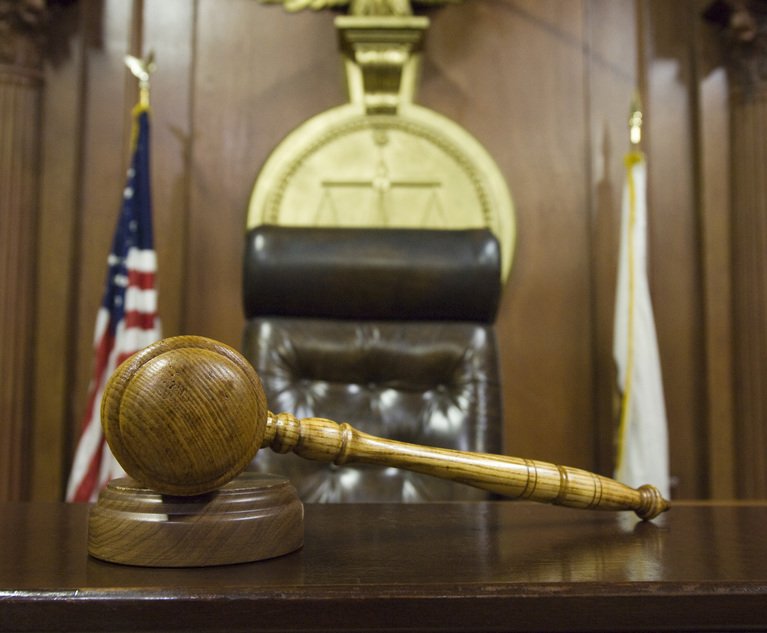Both in the United States and New Jersey many critical government functions are performed by agencies that are the product of a statute—either the Congress on the federal level or the state Legislature here in New Jersey. In turn, the agency will, pursuant to its enabling legislation, implement that law by a combination of rulemaking—which creates regulations that are broadly applicable—and quasi-judicial adjudications—determinations that are made on a case-by-case basis in a judicial-like process before an administrative law judge, but over whom the agency head has the ultimate, final say.
Decisions made by agency heads can result in lawsuits challenging the validity of the generally-applicable rules promulgated through the rulemaking process or the result of the individual administrative adjudication. Critical to the resolution of any such lawsuit is determining the role of the court, namely, under what circumstances will a court intervene and reverse the agency’s action? In the language of law, the answer to that question is provided by the standard of review. Another way of answering that question is to ask if the reviewing court is going to make its own decision on whether the rule is valid or the adjudication is correct—without any deference to the agency—or whether it will to a lesser or greater extent defer to the agency, i.e., employ some sort of deferential standard whether it be ordinary deference or a higher level of deference. Once there is judicial deference, a challenge to agency actions becomes a steep uphill fight and, as a practical matter, the agency determination is unlikely to be changed or reversed by the court. Simply put, where there is judicial deference, an agency decision—whether the merits are good, bad or somewhere in between—is almost certainly the last word.


 Credit: sirtravelalot/Shutterstock.com;
Credit: sirtravelalot/Shutterstock.com;




